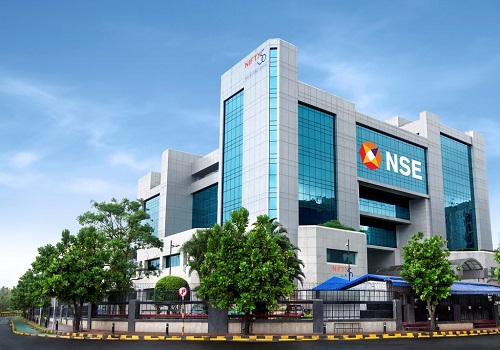Quick commerce services undergoing tectonic shift in India, says JM Financial

Follow us Now on Telegram ! Get daily 10 - 12 important updates on Business, Finance and Investment. Join our Telegram Channel
Shopping through quick e-commerce in India's major cities is set to undergo a never-seen-before "tectonic shift" as e-grocery services have made decent inroads over the past few years, said brokerage house JM Financial Services in a report.
The brokerage believes penetration of quick commerce is likely to be much swifter.
'Quick Commerce' or 'Q-Commerce' is a form of e-commerce in which customer orders are fulfilled by platforms within a few minutes of the order being placed.
This growth potential is because these platforms are addressing multiple consumer pain-points such as convenience, speed, curated assortment, value, and round-the clock standardized services.
"While our primary research suggests demand in the initial phase is being driven by a mix of fresh assortments (F&Vs, meat, dairy and other ready-to-cook items) and indulgence categories (chocolates, biscuits, snacking items, cold drinks, and tobacco), we also expect grocery staples, cooking essentials, medicines, baby and personal care, home care and pet care, amongst others, to pick up as consumers become more habituated to ordering through the platforms," the report said.
Besides, the report added that the large opportunity size has led to several well-funded players entering the fray, leading to faster market expansion.
"What this also means is that competitive intensity is likely to be severe in the near term. Therefore, only those platforms that have very strong customer recall, robust back-end supply chain and/or strong balance sheet are likely to survive this battle of attrition."
On the economic side of the business, it said that the quick e-commerce players are presently focused on customer acquisition and retention and are also deploying significant financial resources on expanding their network of demand centres (dark stores), marketing and branding, which is leading to significant cash-burn across the industry.
"High competitive intensity is not helping either. To improve profitability and build a self-sustainable business model, these platforms will have to pull multiple levers such as improve average order value, drive order mix change, create new revenue streams, optimize supply chain, and lower last mile-delivery costs."
The brokerage expects an intense phase of consolidation over the next few years, similar to the one witnessed by food-techs, which would eventually lead to an oligopolistic market and improve profitability for survivors.












 320-x-100_uti_gold.jpg" alt="Advertisement">
320-x-100_uti_gold.jpg" alt="Advertisement">











